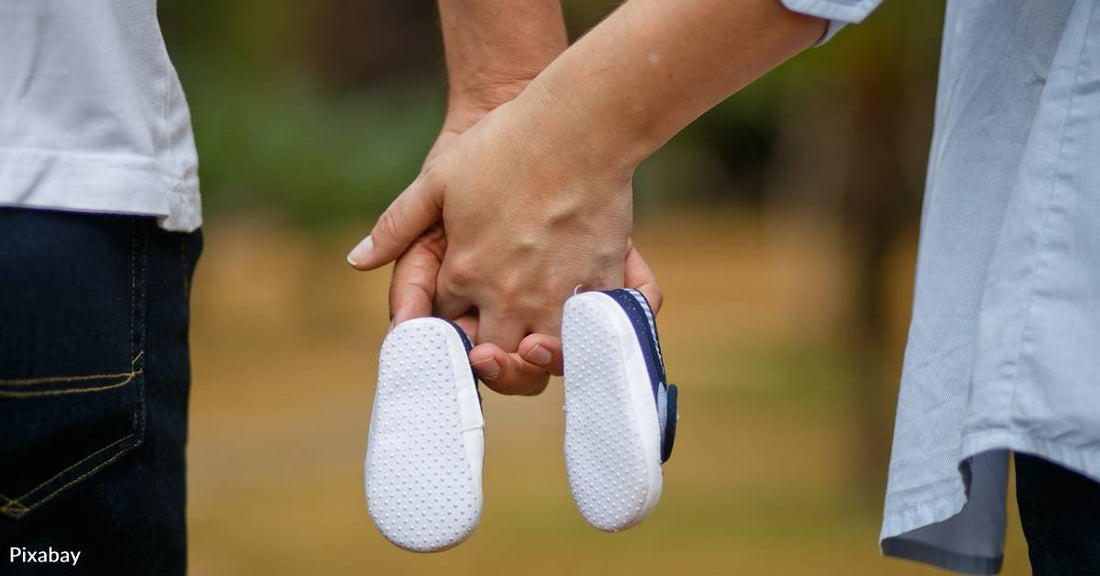New Study Finds Most Young Breast Cancer Survivors Are Able to Have Children After Treatment
Michelle Milliken
The rates of breast cancer in younger women are rising, which means more women may be trying to start a family, or expand their family, after breast cancer treatment. Many worry about how successful they may be, as some treatments can damage ovaries and continuing treatment often includes hormone therapy. A new study finds that young survivors may not need to be overly worried about this.
Research from the Dana-Farber Cancer Institute, set to be presented at the 2024 Annual Meeting of the American Society of Clinical Oncology (ASCO), investigated the fertility of just under 200 women treated for breast cancer while still in their child-bearing years. Their median age at diagnosis was 32. The goal was to see how successful survivors are at conceiving and having a live birth, something the researchers say hasn’t been as clear in earlier research.

Dr. Ann Partridge, senior author and director of the Program for Young Adults with Breast Cancer at Dana-Farber, explains, "Earlier studies were limited because they included select subgroups of patients, followed patients for a relatively short period of time, and didn't ask participants, during the study period, if they had attempted pregnancy. This study was designed to address those gaps by tracking pregnancy and live birth rates among a group of breast cancer survivors and patients who indicated they'd attempted to conceive following their cancer diagnosis."
For this study, Dr. Partridge and her team studied 197 participants from the Young Women’s Breast Cancer Study, which involves patients diagnosed at age 40 or younger. Their stage at diagnosis ranged from 0 to III, but most had hormone receptor-positive breast cancer.
Over a median period of 11 years post-treatment, 73% of survivors who tried to conceive were successful, while 65% were able to give birth. Stage at diagnosis didn’t appear to impact success rates. However, those who underwent fertility preservation through egg or embryo freezing were more apt to get pregnant and have a live birth, while older patients were less likely to do so.

The researchers say these findings may be informative for younger patients who still want to have children.
Dr. Kimia Sorouri, first author from Dana-Farber, says, "For many young women with breast cancer, the ability to have children following treatment is a major concern. The findings of our study can be helpful when counseling patients about fertility issues. The finding that egg/embryo freezing before treatment was associated with a higher live birth rate underscores the need for accessibility to fertility preservation services for this population."
According to the American Cancer Society, it’s generally recommended that patients wait at least two years after successful treatment to try to become pregnant, and pregnancy has not been shown to increase the risk of breast cancer recurrence.


